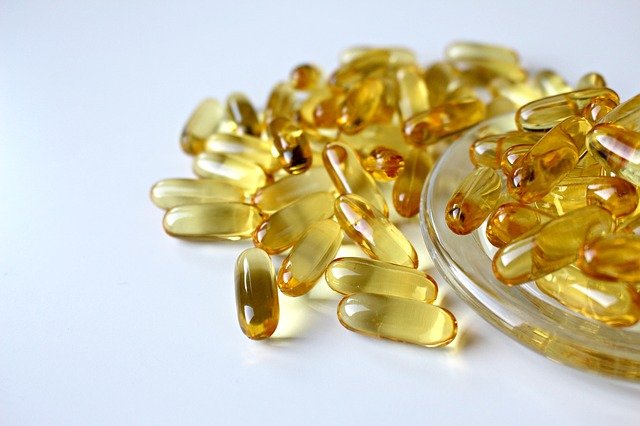A new study suggest that Vitamin D deficiency may exaggerates the addiction to opioids, increasing the risk of dependence and effects on human health.
Led by the Massachusetts General Hospital (MGH) researchers, published in Science Advances, the study suggests that vitamin D supplements could help, at least a part, in combatting the current problems related to opioid addiction (Kemeny et al., 2021).
Earlier Works Led to Current Study
Earlier work by the lead investigator David E. Fisher, MD, Ph.D., also the director of MGH’s Cutaneous Biology Research Center (CBRC), paved the way for the current study.
In 2014, Fisher and colleagues found that a low dose of ultraviolet (UV) radiation causes the skin to produce a hormone, endorphin, elevating plasma levels in mice (Fell et al., 2014).
In another study, the team also found that UV radiation induces the formation of beta-endorphin, contributing to sun-seeking behavior (Cui et al., 2007).
The compound endorphin is chemically related to morphine, heroin, and a few other opioids that all activate the common receptors in the brain.
Endorphin, Craving for Sunbath
Endorphin is a class of hormones that elevated a human’s ‘feel-good’ level. Taking sunbath, visiting UVB salons are behaviors that people exhibit is due to the unknowingly rush for the endorphin, previous research suggests. Despite knowing the fact that sunbath causes skin cancer, people still seek out UV baths. It’s because of the craving for the endorphin, Fisher and colleagues speculated.
There are other reasons. Humans and other animals go out for the sun because UV radiation is necessary to synthesize the vitamin (D), which our bodies can’t make on their own.
Vitamin D promotes the uptake of calcium, an essential component for building bone. It also helps to boost our immune system that protects our body against infection. Therefore, for our survival, the evolutionary idea was to take sunbaths even on a bitterly cold day since the pre-historic days of human civilization.
For humans, sun-seeking is driven not only for the synthesis of vitamin D but also for the addictions to opioid effects our bodies crave for. Fisher’s study aimed to understand the relationship between vitamin D signaling in the body and UV-seeking and opioid-seeking behaviors.
Animal Experiments to Test Efficacy
In the Science Advances paper, the Fisher team addressed the issue by comparing normal laboratory mice with vitamin D-deficient mice and giving or withdrawing the morphine.

When the mice were given modest doses of morphine, mice deficient in vitamin D continued looking for the drug. The behavior was less common in the normal mice.
When morphine was withdrawn, the mice having low vitamin D levels were far more likely to develop withdrawal symptoms: wet dog shakes, paw tremors, paw licks, bouts of grooming, jumping, chewing, rearing events, watery eye, and abnormal posture.
They confirmed that vitamin D deficiency increases multiple addictive behaviors in mice. The analyses of human health records supported the observation.
One analysis found that patients having modestly low vitamin D levels were 50% more likely to use opioids than patients with normal vitamin D levels. In contrast, patients who exhibited severe vitamin D deficiency were 90% more likely to take the drugs than others.
Another analysis observed that patients diagnosed with opioid use disorder were more likely to be deficient in vitamin D than others.
Significance
The findings may have significant implications. “When we corrected vitamin D levels in the deficient mice, their opioid responses reversed and returned to normal,” says Fisher.
Vitamin D deficiency is widespread in humans, but is safely and efficiently treated with low-cost dietary supplements, notes Fisher.
“Our results suggest that we may have an opportunity in the public health arena to influence the opioid epidemic,” says Fisher.
















